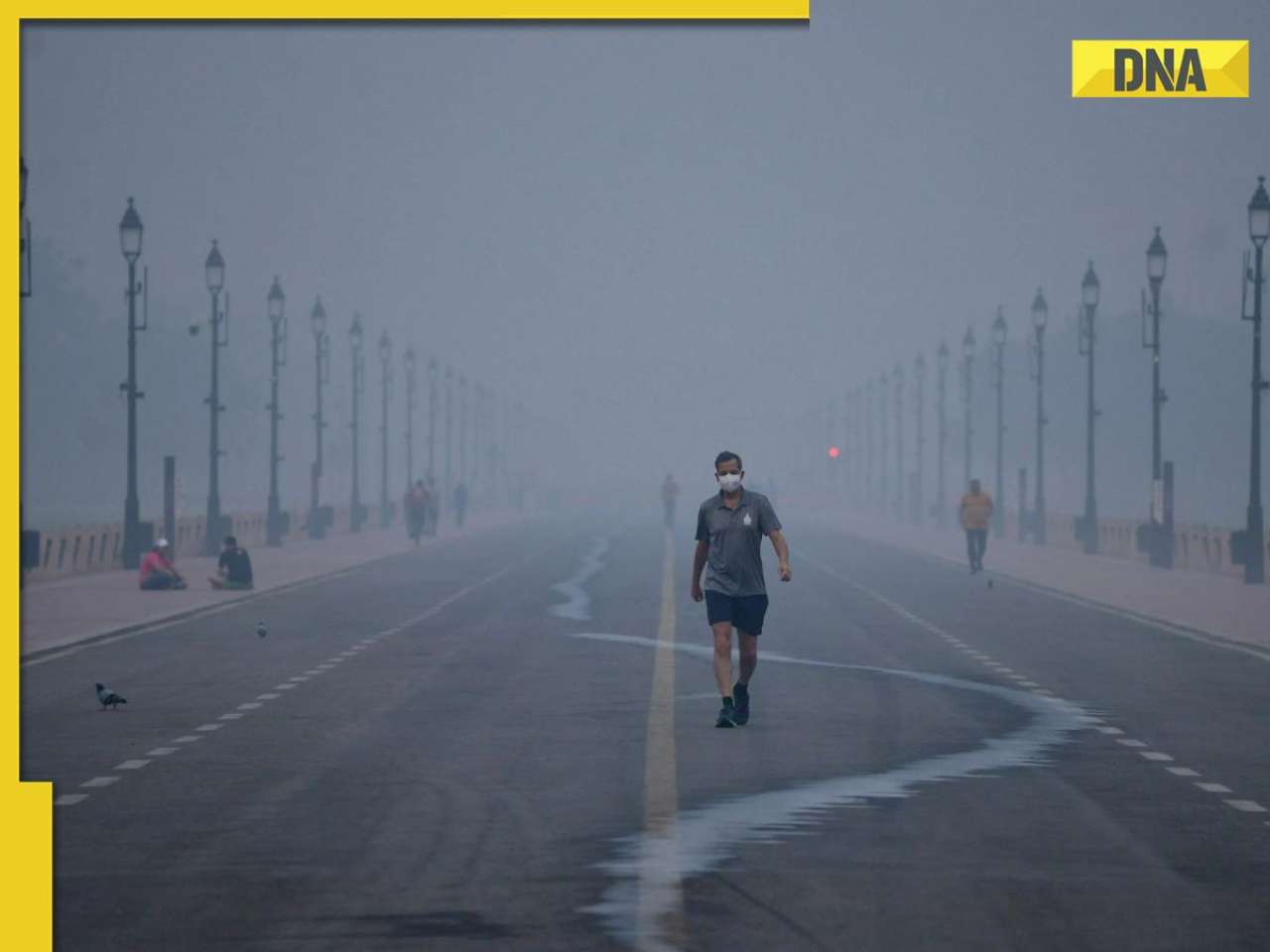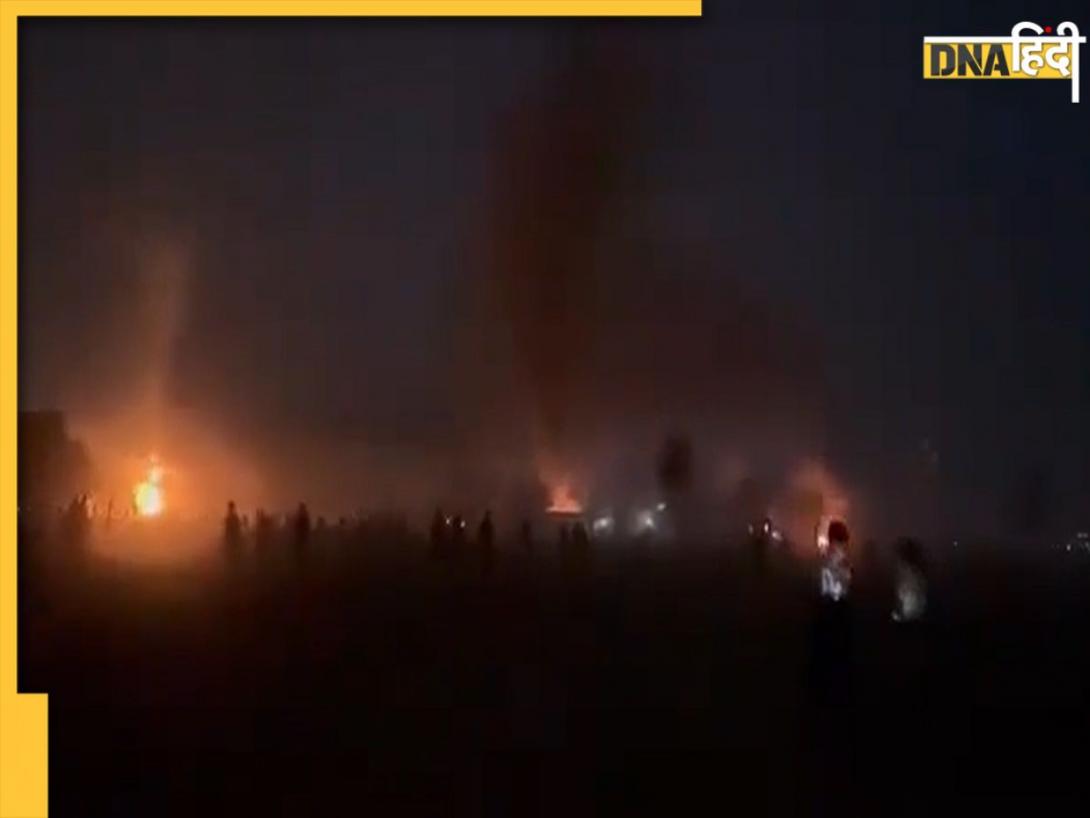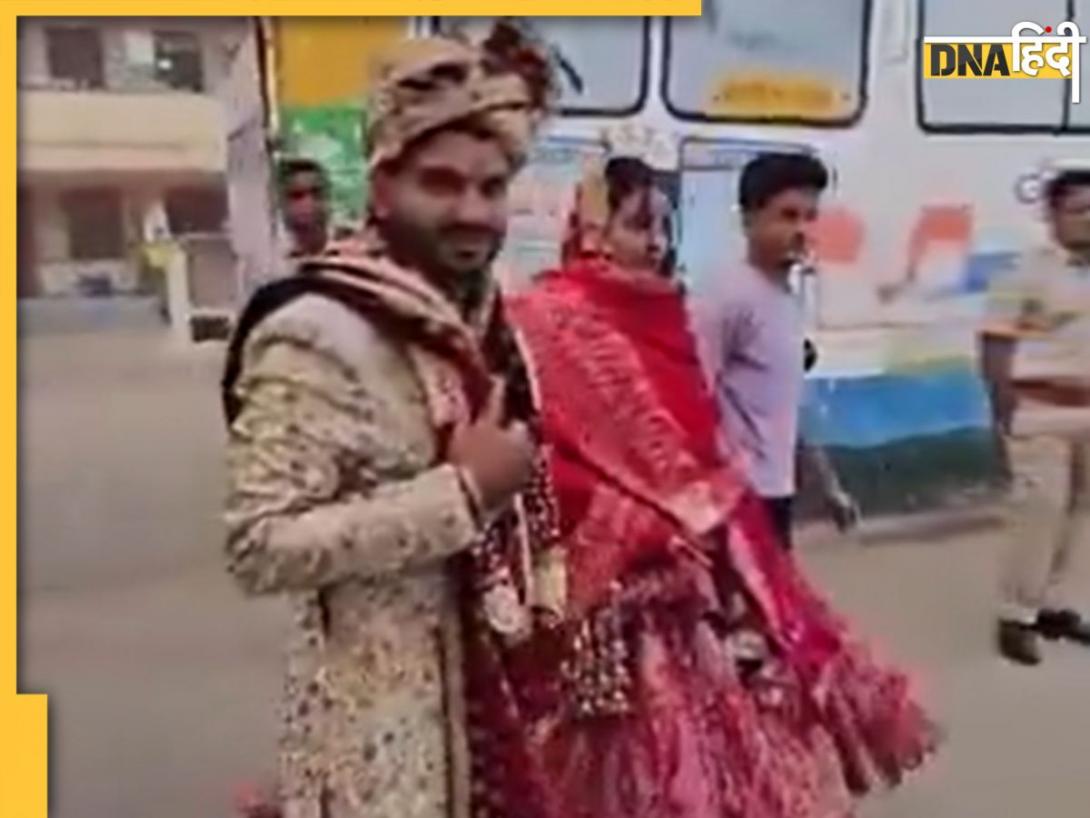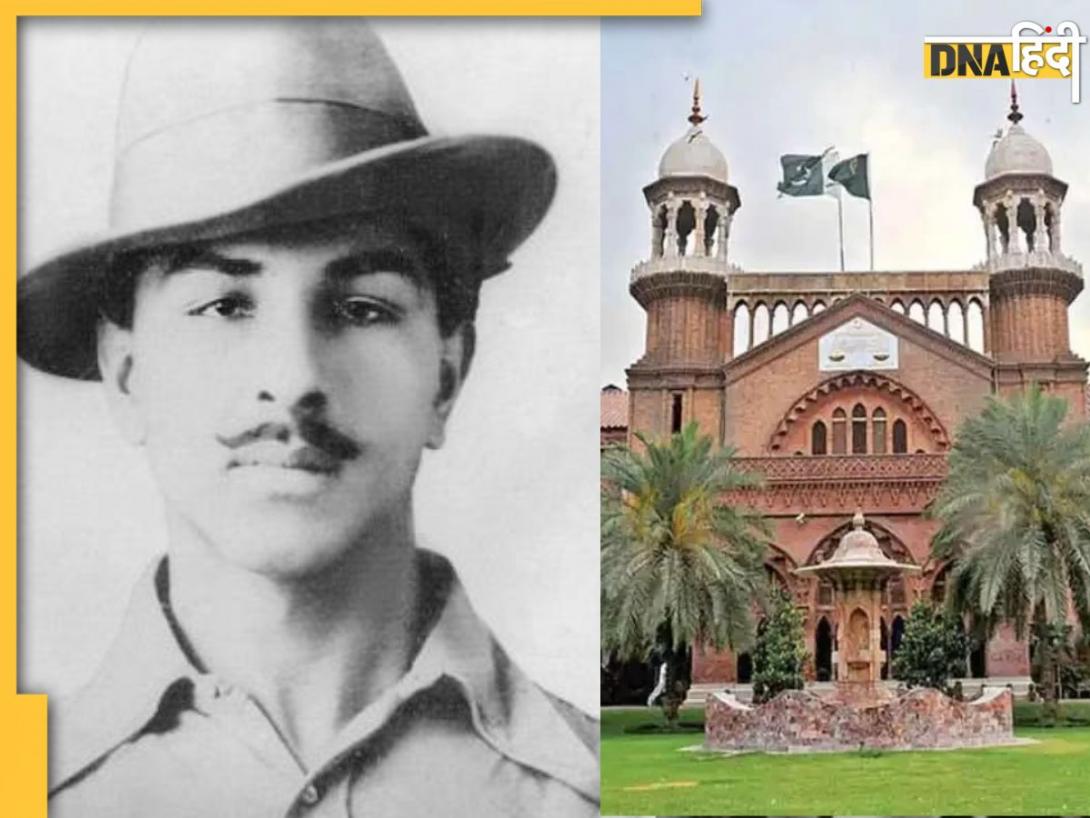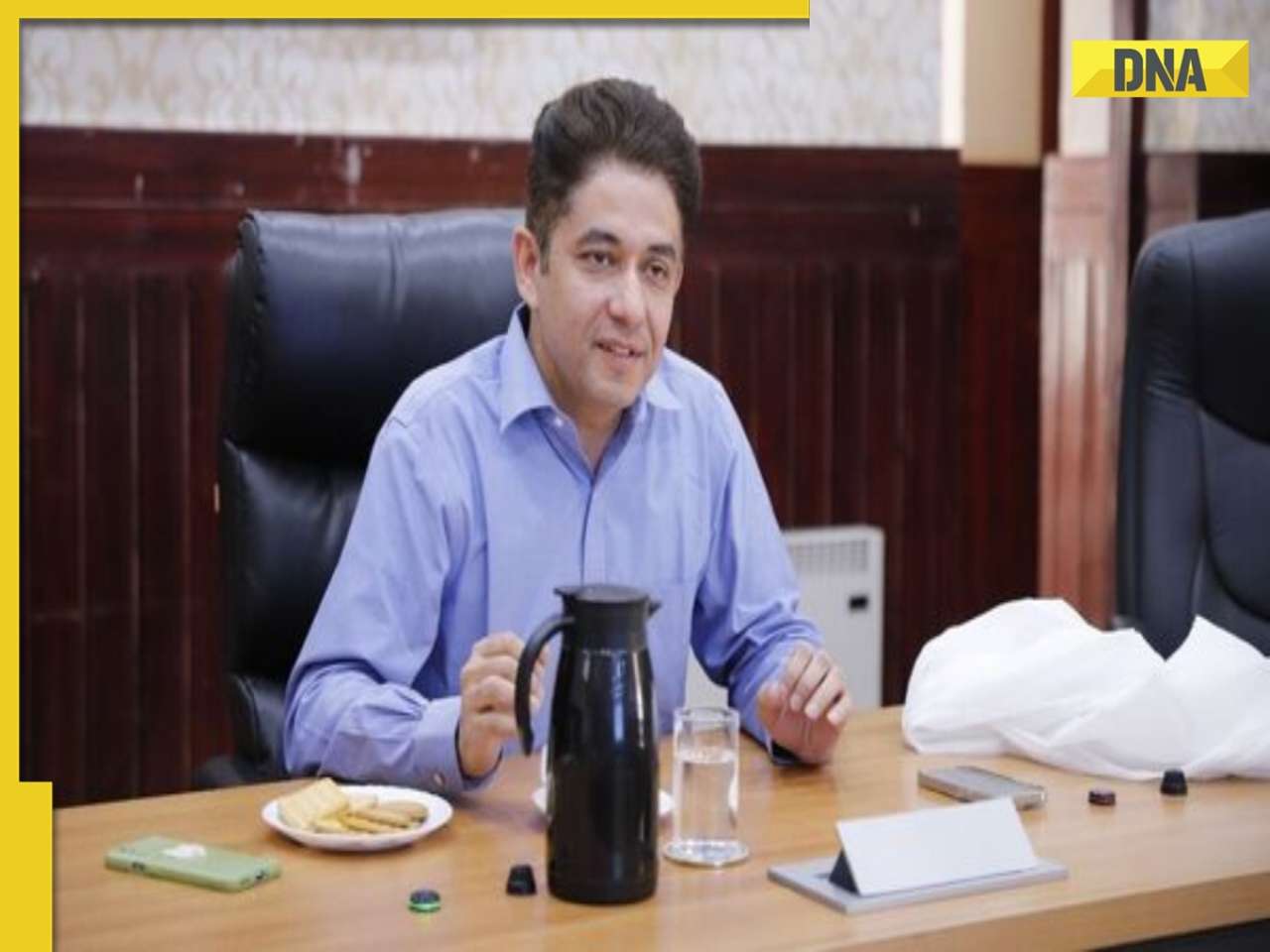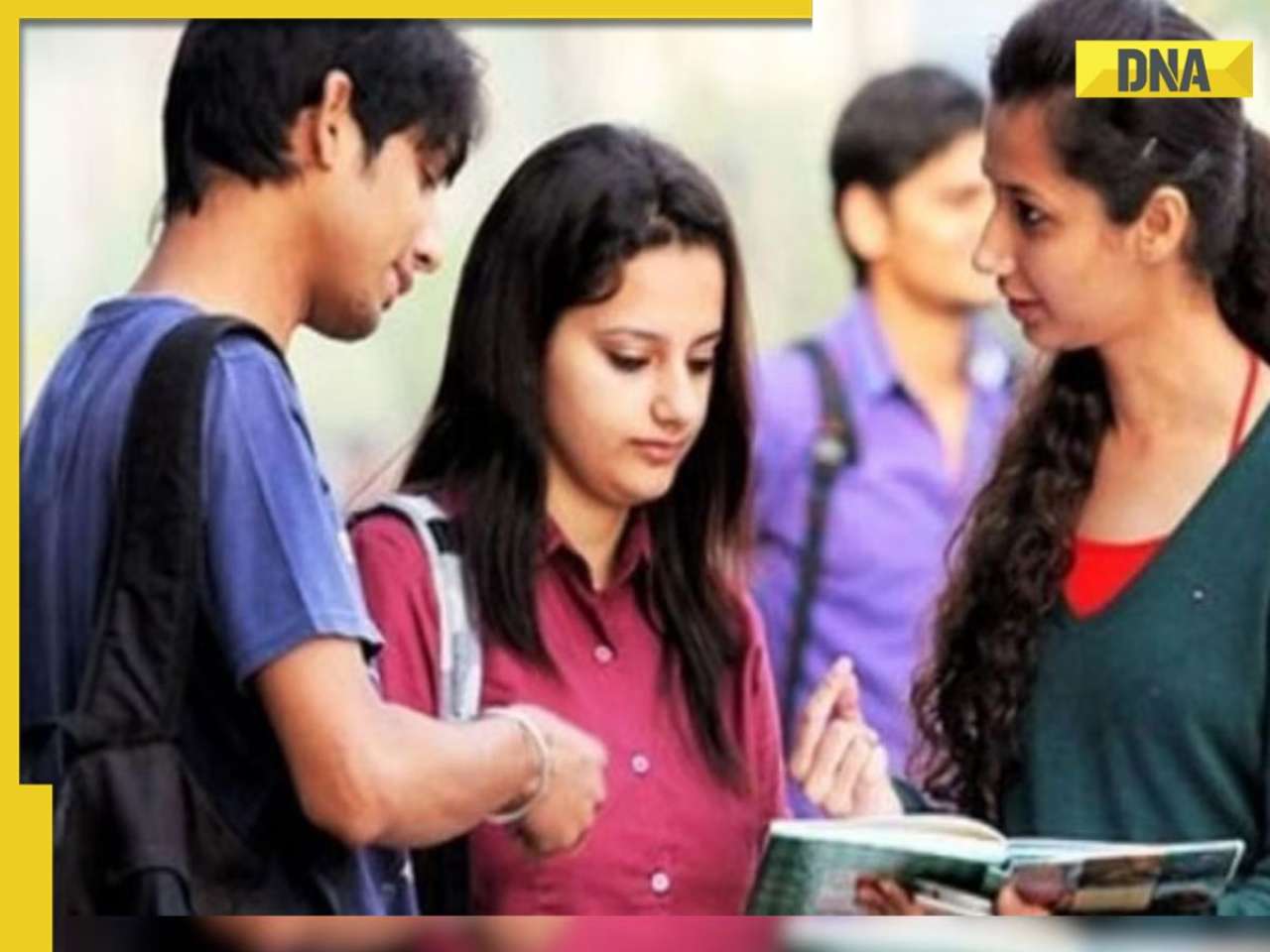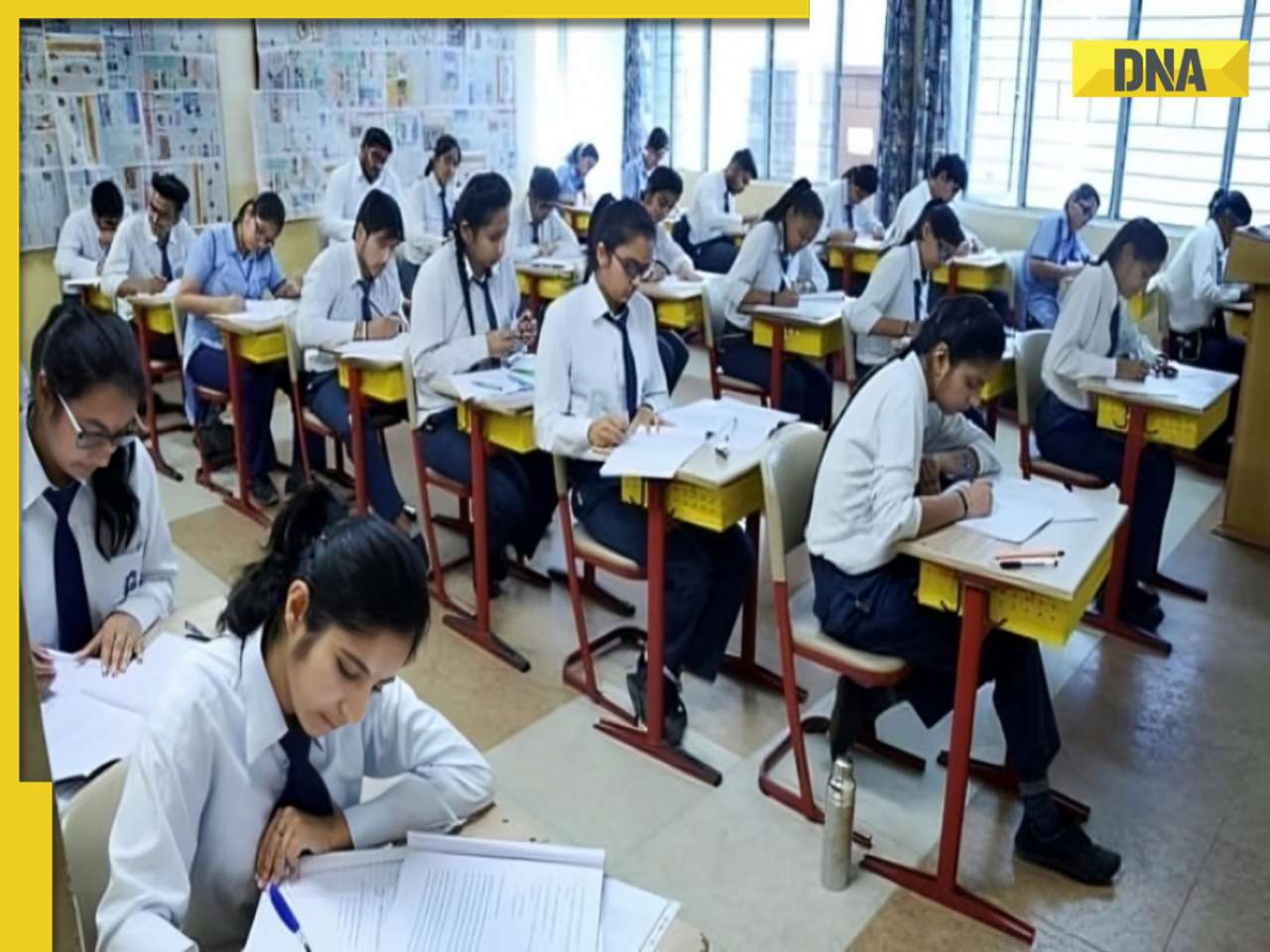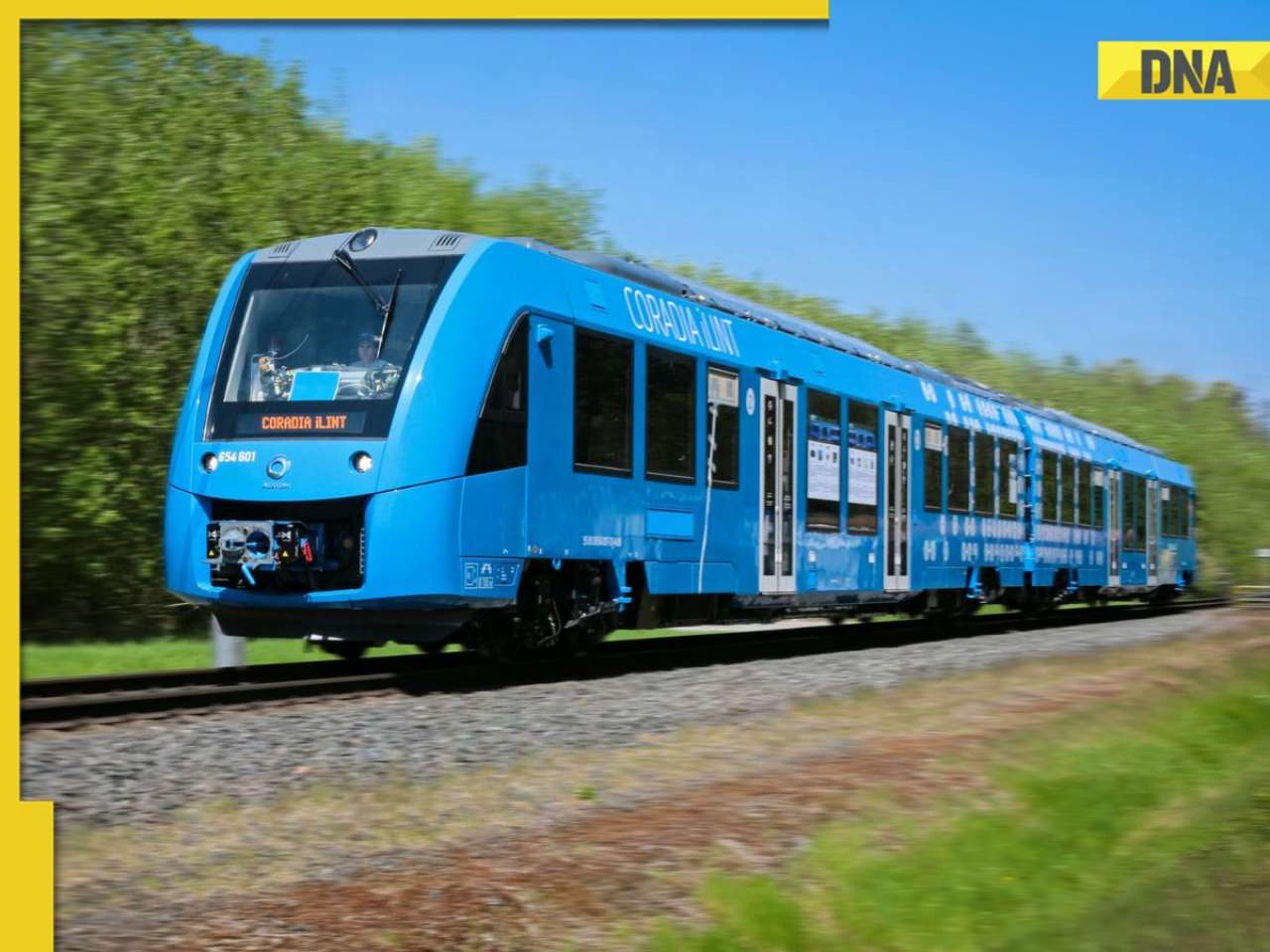- LATEST
- WEBSTORY
- TRENDING
AHMEDABAD
Will Agariyas chose voting over their daily bread?
Agariyas who live in the desert often skip voting as rules don't permit setting up of booths in Little Rann of Kutch (LRK), an unsurveyed piece of land
TRENDING NOW
This December as Gujarat goes to polls, close to 50,000 agariyas (saltpan workers) of the Little Rann of Kutch (LRK) will be forced to make a tough decision - earn their daily bread or cast their franchise.
The agariyas migrate to the LRK for eight months from nearby villages every year to make salt. During this time, they live in the desert, far away from civilisation and often in poor condition. As the LRK is part of the Wild Ass Sanctuary, the land does not come under village revenue limits. This means there will be no polling booth in the desert. The LRK straddles five districts and eight Assembly seats in Gujarat.
Interestingly, all of them have a voter ID card but most don't cast their votes as polling booths are in villages, far away from the desert.
The Election Commission on its part is now trying to get in touch with NGOs to help arrange for transportation for the agariyas. But as things are still in the planning stage, those working with agariyas say they are not hopeful the facility will work out at least this election
"The agariyas migrate to the desert to make salt. They belong to villages that border these deserts. Invariably the polling booths are set up in villages and not every agariya is keen to drive 70 km just to vote," said Harinesh Pandya of Agariya Heet Rakshak Manch, an organisation that works with agariyas.
The LRK plays host to around 6,000 to 10,000 agariya families every year and the agariyas are spread all over the desert.
"Due to administrative reasons, the EC is not able to set up booths in desert. This means the agariyas will have to travel several distances just to come and vote. These are extremely poor people and between earning a day's bread and choosing to vote, it is obvious what they will choose," said Pandya.
Bharatbhai Somera, who himself belongs to an agariya family and has worked with them for 17 years said the biggest losers are women.
"The agariya women stay in the desert and the men folk use bikes to travel the long distance. Their food and grocery is also brought once every 15 days. So, when there is an election, the men may still make an effort to vote but the women will not as it will mean travelling too much. Moreover, every family will have just one bike and how many people can travel on one bike," said Somera.
He said the political parties sometimes arrange vehicles but that too only for those who live close to the village. "If a family has migrated to a part of a desert which is far from the village, I don't think they ever come to vote," said Somera.
COLLECTOR TRIES TO FACILITATE TRANSPORT
Udit Agarwal, Surendranagar collector said as LRK was not revenue land, it was not possible to set up a polling booth there. “That would be violation of rules. But we are trying to get in touch with some NGOs to arrange transportation for these people on polling day,” said Agarwal. He said the administration had also carried out voter awareness activities even in the LRK.
EC CARRIED OUT A SURVEY
EC has carried out a survey in Surendranagar to map the number of agariyas in LRK that falls in the district to know the number of migrant voters. Interestingly, the Agariya Heet Rakshak Manch said similar such surveys were also requested to map the migrant agariya population in other four districts but that has not been done.

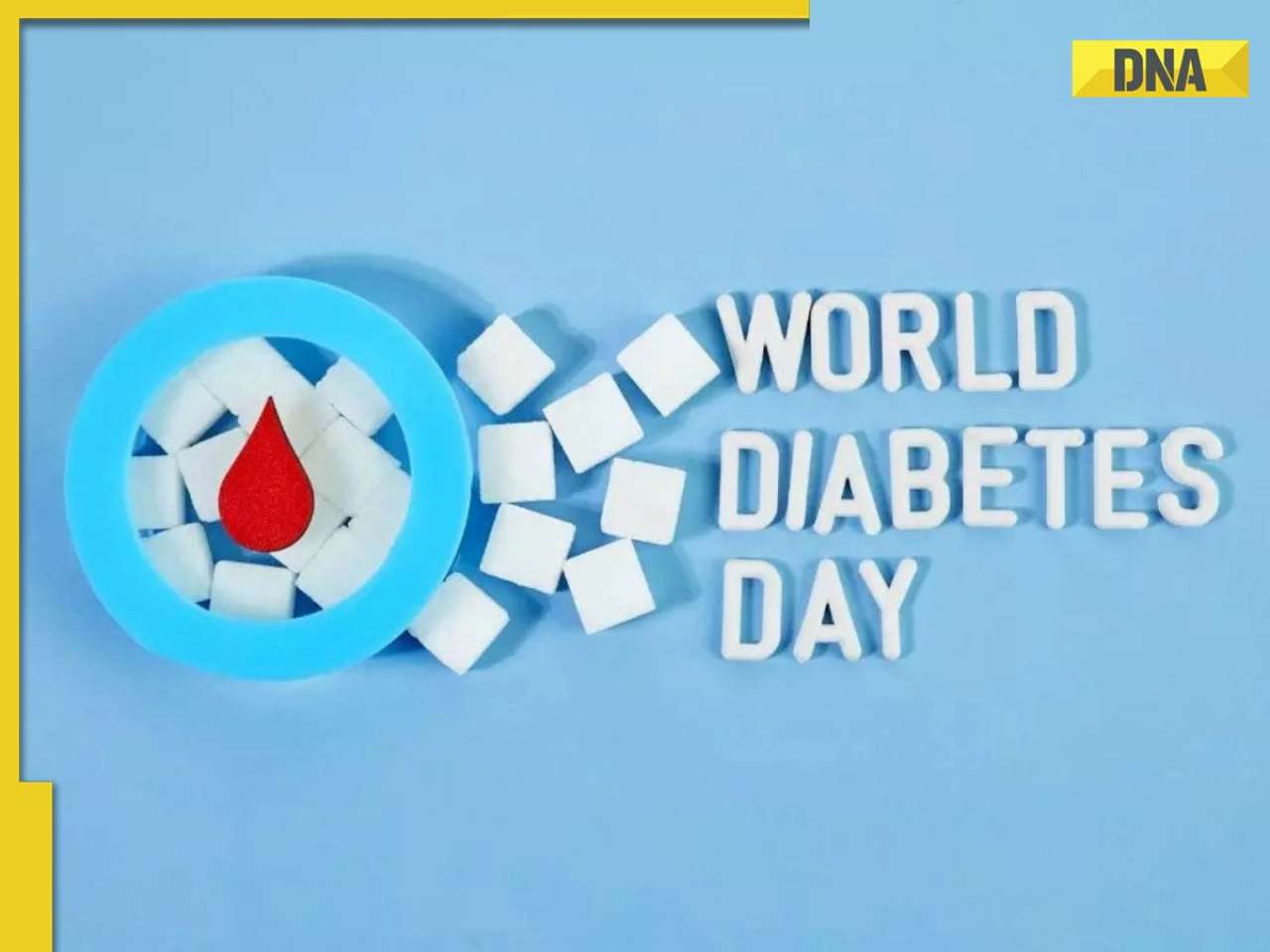





)
)
)
)
)
)
)
)
)
)
)
)
)
)
)
)



























